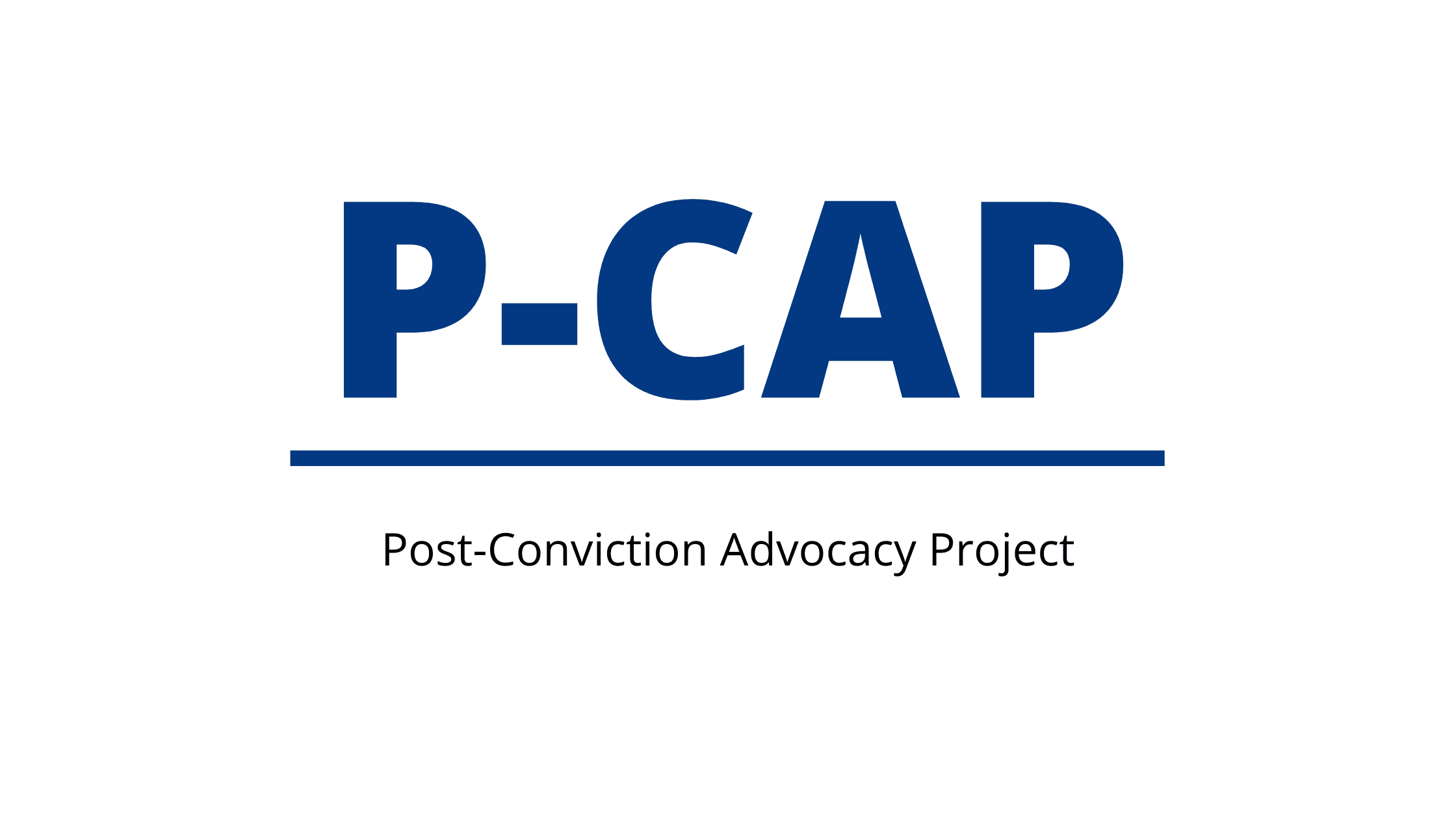
P-CAP is a student-initiated legal services project (SLP) whose primary purpose is to train Berkeley Law students to assist incarcerated people with the parole process. Students will meet with their clients, prepare them for their parole board hearing, and help represent them at that hearing.
P-CAP’s mission is to help secure the freedom of people who may spend the rest of their lives in prison, even if they pose no threat to society. Indigent incarcerated clients regularly receive inadequate representation from board-appointed attorneys. Support from P-CAP’s student volunteers helps ensure that clients are well-prepared and have a fair chance at their hearing.
P-CAP members work in teams of two or three, and each team is assigned a client incarcerated in a California prison. We represent clients in their hearings before the Board of Parole Hearings to advocate for their release from prison. All of our clients are serving indeterminate life sentences in state prison and are eligible for release on parole because they have served their minimum sentence terms; they are all individuals who we believe pose no current public safety threat. We are supervised by experienced attorneys who have been doing parole representation and advocacy on behalf of incarcerated individuals for a number of years.
Supervision: P-CAP students are supervised by attorneys at UnCommon Law.
Time Commitment: Members are expected to make an 18-month commitment to P-CAP to ensure proper preparation and zealous representation at a client’s hearing. All P-CAP students will be trained and supervised by attorneys at UnCommon Law.
A 14-18 month commitment is necessary to ensure proper preparation and zealous representation at your client’s hearing. Students who join P-CAP in Fall 2024 can expect to have a hearing between October 2025-May 2026. The time commitment per semester is about 45-50 hours with variation depending on client needs.
Other requirements include: (1) obtaining gate clearance to enter prison for monthly client visits; (2) the ability to work with one or more partners; (3) the ability to work empathetically and professionally with incarcerated individuals serving life sentences; (4) attending mandatory trainings, part of which includes observing a parole hearing; (5) driving to prisons between 45 minutes and 2.5 hours from the Berkeley campus; and (6) possibly missing class to visit your client once a month.
The programs and activities that P-CAP will run this year will be extensive. We will have 4-6 trainings for new and returning P-CAP members, where they will learn about the various aspects of the parole process, from the governing law to the ethical rules they must follow as burgeoning legal advocates. We will also have monthly lunch meetings with P-CAP members to discuss and reflect on their cases and client visits; some of these meetings will be attended by a supervising attorney. We may also hold community-wide events with the goal of illuminating the injustices of the parole process and highlighting the experiences of former P-CAP clients.
For more information, please contact the student leaders at p-cap@law.berkeley.edu.
Student Testimonials:
-

Asher Waite-Jones '16
“Being part of the Post-Conviction Advocacy Project reminded me of why I went to law school in the first place, which was to free all marginalized people from all literal and metaphorical cages. I co-represented a lifer at San Quentin Prison. He was sentenced to life when he was just 15. Several years later I ran into him in San Francisco. He was free from prison, he was wearing his own clothes, and talking on his non-contraband cell phone. I will never forget how good it felt to see the sun on his skin and hear him laugh among the busy sounds of Downtown SF.”